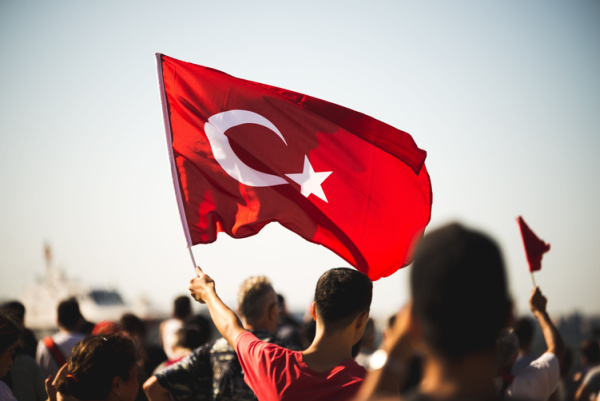Local Elections Were a Loss for the AKP, Were They a Victory for the Opposition?
By Reuben Silverman
April 15, 2024
Turkey’s March 31 local elections upended national politics. As they approached, the question was whether the opposition Republican People’s Party (CHP) could retain the substantial gains it had made five years earlier. Optimists predicted that the mayors of İstanbul and Ankara would be reelected while pessimists hedged or even contemplated the CHP losing traditional strongholds like Eskişehir or İzmir. The results on election night were something else entirely. Not only were Istanbul and Ankara won easily but traditional pro-government strongholds like Bursa and Balıkesir flipped. At the national level, President Erdoğan and the Justice and Development Party (AKP) retain control of the government, but for the first time in twenty-two years, the AKP is not Turkey’s most popular political party. How Erdoğan will respond remains an open question.
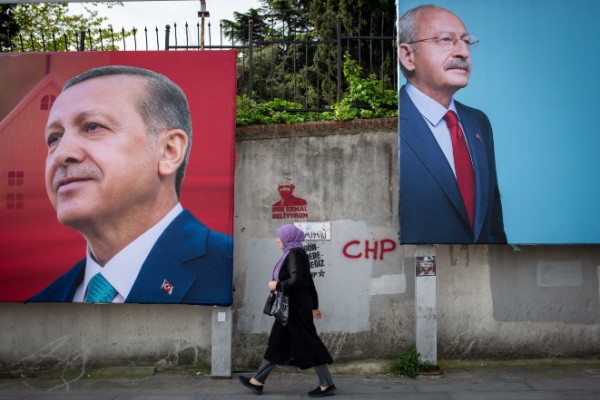
Not Condemned to the Authoritarian Right: Turkey’s Local Elections Show the Way to a Different Future
By Halil Karaveli
April 11, 2024
The historic victory of the social democratic CHP in the March 31 local elections has redrawn Turkey’s political map and overturned established truths about Turkish politics. Turkey is not condemned to permanent authoritarian right-wing rule. The CHP won because it combined an inclusive stance toward conservatives and Kurds with a centre-left message. But to reach national power, Turkey’s new leading party will need to show audacity and be prepared to take on entrenched economic interests.
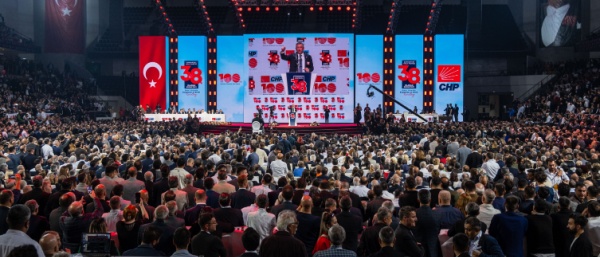
Does Kılıçdaroğlu Have a Path to Victory?
By Halil Karaveli
May 23, 2023
Kemal Kılıçdaroğlu’s failure in the first round of Turkey’s presidential election is a testimony to the waning appeal of liberalism in the face of ethnic conflict and refugee flows. The Turkish nationalism on which Kılıçdaroğlu has fatefully stumbled is fuelled by the Kurdish challenge and the Syrian refugees. But it is also fed by a heightened sense of national insecurity in a global context of escalating geopolitical confrontation. The virulently nationalist rhetoric against the Syrian refugees that Kılıçdaroğlu has adopted in order to make himself a palatable choice to right wing Turkish nationalists does not necessarily offer him a path to victory. Tarnishing his image as a liberal and social democrat, he risks forfeiting the support of the Kurdish voters as well as the support of Turkish liberals and leftists.
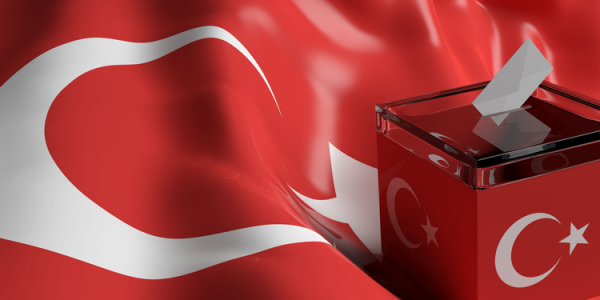
Will the Turkish State Accept Kılıçdaroğlu as President?
By Halil Karaveli
May 8, 2023
It was the perceived need by the Turkish state to check the Kurdish political movement that precipitated the transition to the presidential system. Today, it is Kemal Kılıçdaroğlu’s determination to abolish this system that has secured him the support of the Kurdish movement and set him on a path to victory on May 14. But conversely this also makes Kılıçdaroğlu unacceptable to the state. A peaceful transition of power – which has been a cornerstone of Turkish democracy despite its deeply flawed character otherwise – cannot be taken for granted. The most optimistic scenario is that decision-makers in the state nonetheless conclude that the democratic legitimacy of the state must be preserved and wager that they can control and constrain Kılıçdaroğlu if he is elected president, ensuring the survival of the system over which Recep Tayyip Erdoğan has presided.
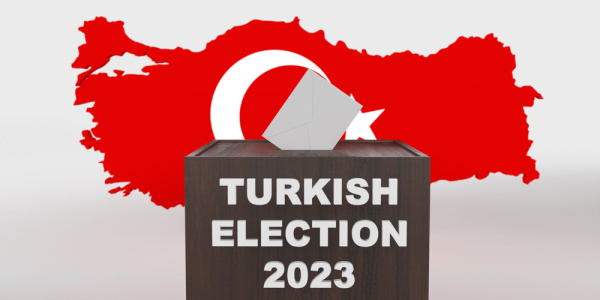
Can the Turkish Opposition Win Without Promising Social Change?
By Barış Soydan
March 24, 2022
While the disaster that struck Turkey on February 6 has brought attention to the collusion between political power and construction companies, the fact that the opposition maintains the same unhealthy relations with business where it’s in charge and its reluctance to address the concerns of the poorer classes preclude deeper, systemic changes if it wins the election. But without holding out the prospect of major social and economic reform, it remains to be seen whether the opposition succeeds in beating Recep Tayyip Erdoğan.
